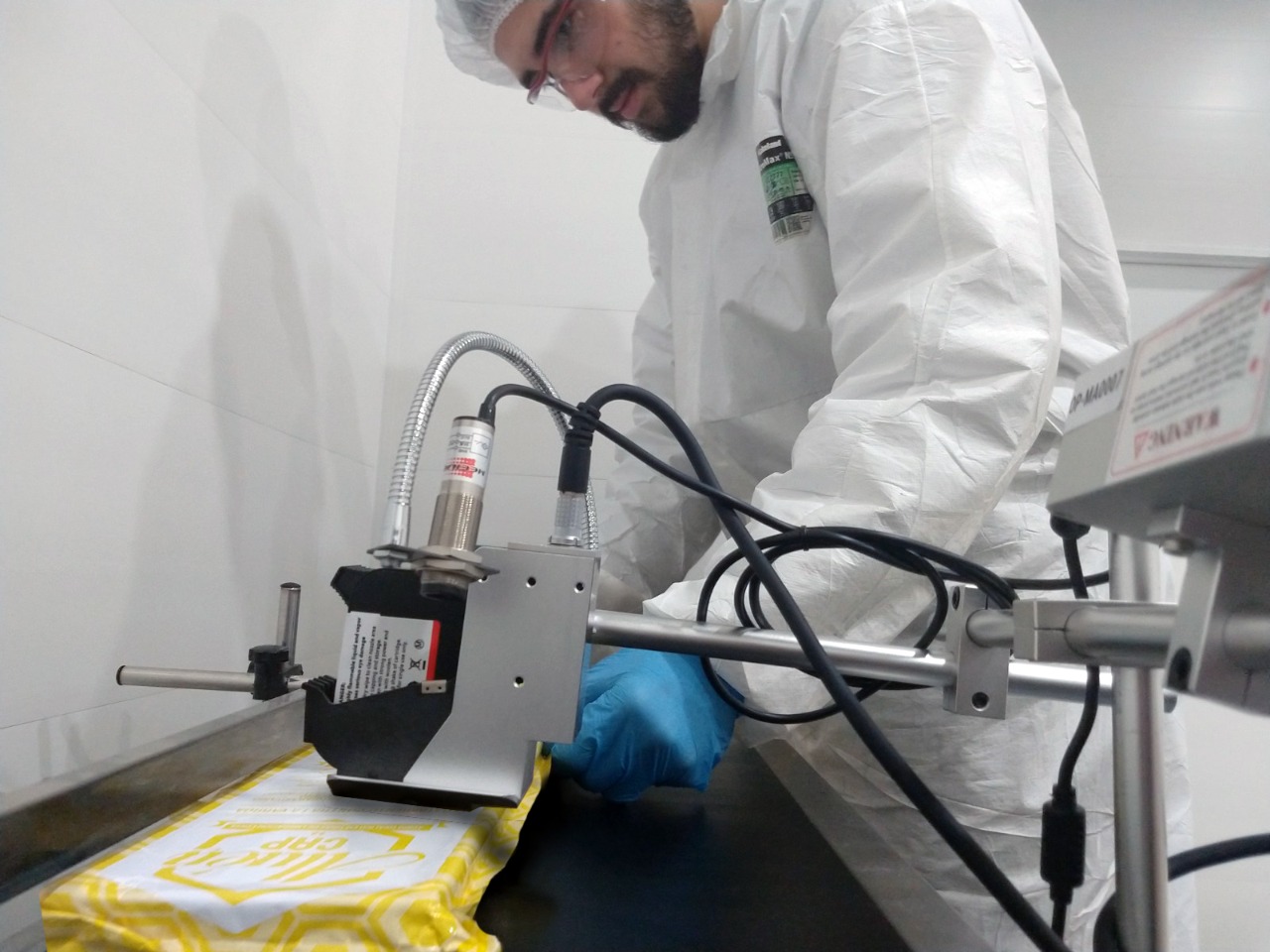

Beekeeping owns the production without agrotoxic
For the first time in history, Argentina registered the first cooperative lab to for the production of Aluen CAP. We are talking about the first organic treatment for Varroa destructor, the principal disease of bee population around the world.
On August 13th of this year, the Veterinary Products Direction of SENASA (National Service of Health and Agro-alimentary Quality) enabled the first veterinary laboratory of the Cooerativa de Trabajo Apícola Pampero Ltda. (CAP).
In 2018 CAP acquired a 9-hecater property in the town of Calderón, 19 kilometers from Bahía Blanca, province of Buenos Aires. This could be possible with the support of the National Institute of Associativism and Social Economy (INAES) and also a big effort prom CAP too.
«It is an historic moment for worldwide beekeeping, and should be taken as an example for another agricultural activities. Working collectively for the development of technological innovations capable to log out primary productions with agro toxics in a big scale. As far consumers demanded more, it promotes the sustainable development for the environment.» said Alfredo Marconi, President of the Cámara de Apicultores Pampero.
Specific materials were used in order to guarantee the quality in the production. Every space is capable of producing Aluen CAP for all the hives of the world.
Nowadays Aluen CAP®, is used by many beekeepers in Latin America, thanks to a network of 150 distributors who take it to every corner. In this way, Varroa’s problems are solved, guaranteeing the healthiness of the producer and the consumer, always working with a fair price.
Regarding to the infrastructure, Luciano Morales, the CAP’s trustee and coordinator in the development of the work, commented: «It consists of a dry construction of 1,200 m2 distributed between the ground floor and the first floor (…) it has two 400 m2 warehouses, a 200 m2 production area, a large dining room, a quality control laboratory, as well as administrative offices, a machinery development workshop, among others […]».
«[…] the facilities were visited and audited by European specialists to comply with the strictest quality standards for drug production worldwide» mentions Camila Buscaglia, Secretary of the Cooperative and coordinator of the quality team.
In an interview with Elian Tourn, president of CAP, he said: «This proyect is supported by El Instituto Nacional de Asociativismo y Economía Social (The National Institute of Associativism and Social Economy), SePyme-SPL, the Laboratorio de Estudios Apícolas de la Universidad Nacional del Sur (Laboratory of Beekeeping Studies at the National University of the South), Centro de Investigación en Abejas Sociales de la Universidad de Mar del Plata (the Center for Research on Social Bees at the University of Mar del Plata), the INTA Bordenave experimental station, Cambio Rural program and others that are still joining in.
All this progress achieved for beekeeping sector was possible with the union of beekeepers, and the coordinated work with the State. «[…] the lab is one more tangible result that shows that cooperativism is a fundamental tool to build a united and standing beekeeping», says Evangelina Torres, Treasurer of the Camara de Apicultores Pampero.
Article written by Editorial Pampero®




Dejar un comentario
¿Quieres unirte a la conversación?Siéntete libre de contribuir